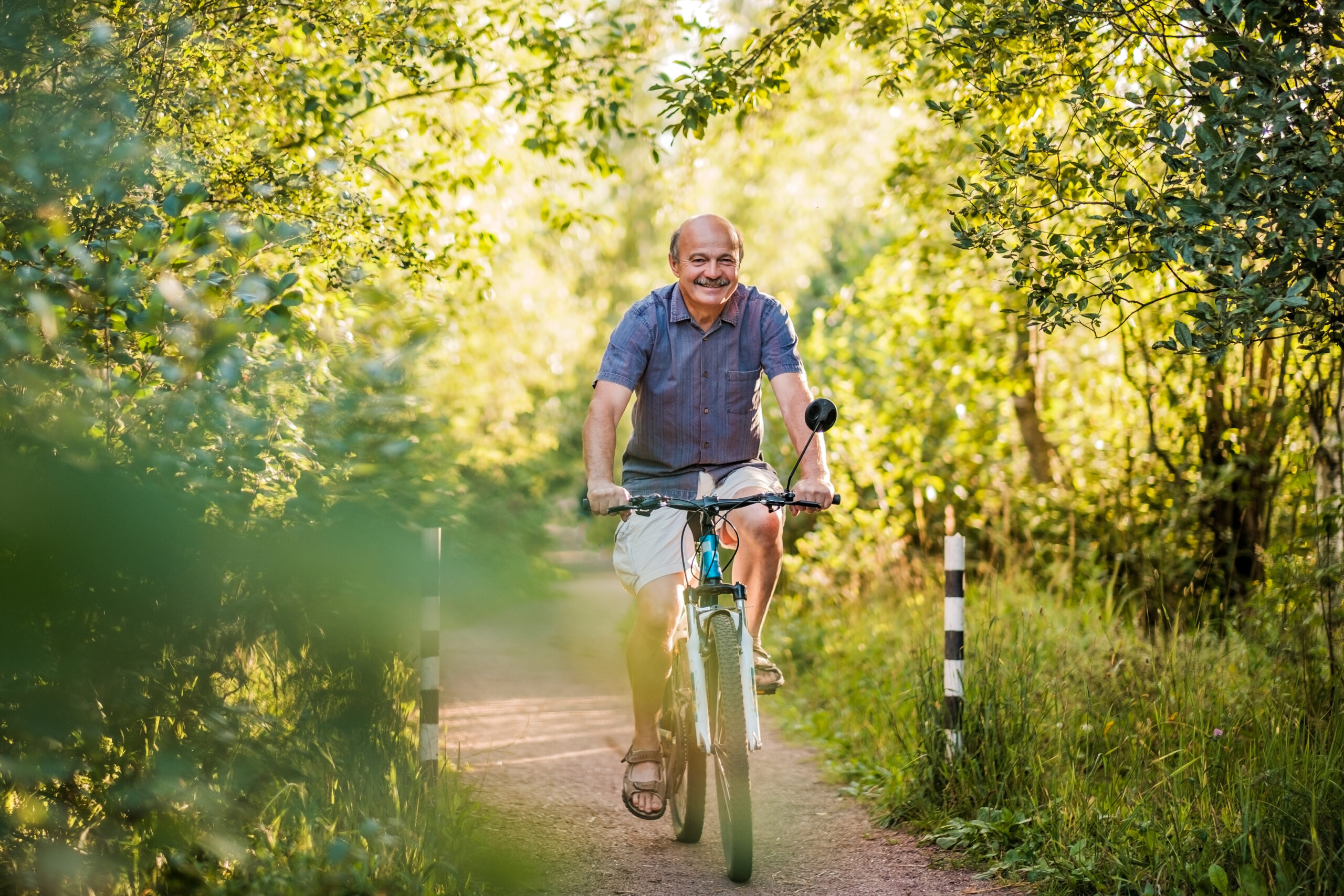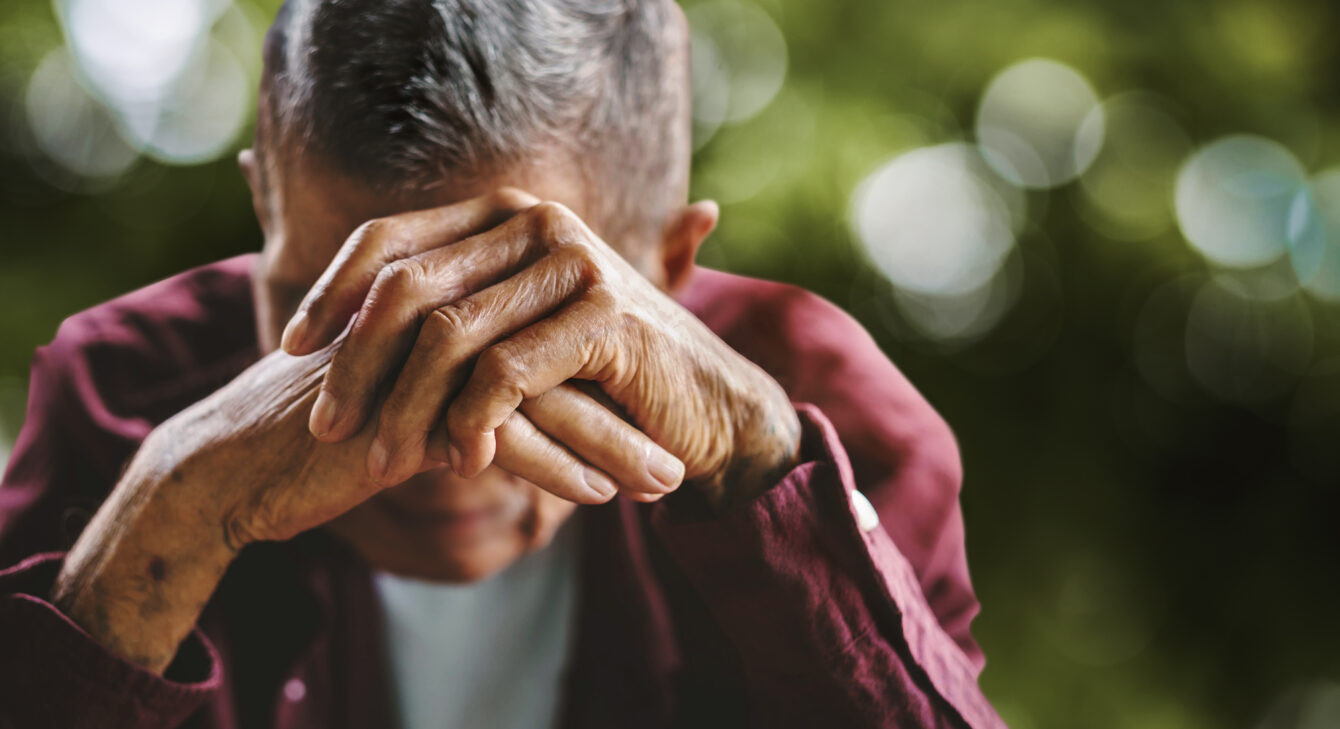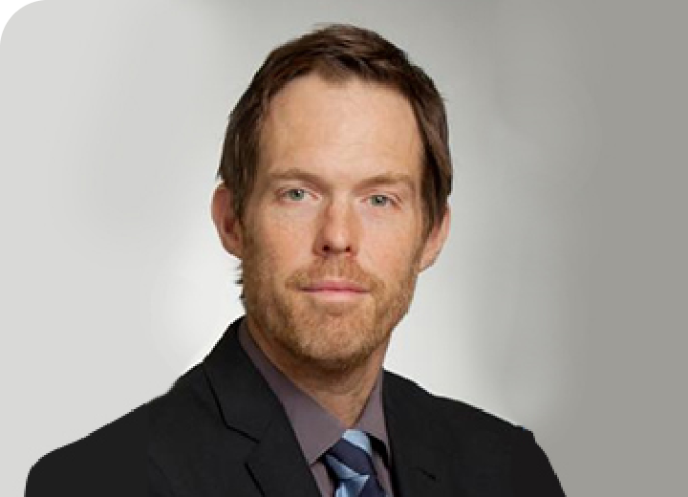
What are the Symptoms of BPH?
As men get older, they may suffer from Benign Prostatic Hyperplasia (BPH). BPH often affects men starting at age 50. By age 60, about half of all men will have some signs or symptoms of BPH. BPH is when the prostate becomes enlarged, and interferes with the urethra, blocking the flow of urine passing through. It can lead to a variety of urinary symptoms, which can be minimal at first, and gradually worsen over time. Symptoms can be uncomfortable or very painful, and interfere with normal daily activities or your nightly routine.

Common BPH Symptoms
Common symptoms of BPH mostly range from feeling bladder pressure and losing bladder control to difficulty starting urination and the inability to urinate. If you are an older male, it’s important to be aware of urinary problems that may be a sign of BPH.
Bladder Pressure
Bladder pressure is an uncomfortable feeling usually felt in the lower abdomen. You may experience pain ranging from mild to severe, which can feel like a constant ache or a coming-and-going feeling. Normally, you feel bladder pressure when you need to go to the bathroom. After you go, the feeling disappears. Bladder pressure is a common symptom of BPH. You may expel small amounts of urine very frequently during the day, or have difficulty urinating at all.
Frequent Urination
Frequent urination is having to urinate more than seven times in a 24-hour period. It can happen during the day and night and feel like a sudden urge to urinate. If you are urinating more frequently than normal, and haven’t increased your fluid intake, especially of alcohol or caffeine, this can be a symptom of BPH.
Frequent Nightly Urination
Frequent urination at night is when you wake up more than once per night with the need to urinate. It’s commonly referred to as nocturia and is one of the most common symptoms of BPH. When there is additional pressure put on the urethra, it can alter the function of your bladder, causing you to wake frequently during the night with the urge to urinate.
Intermittent Urination
Intermittent urination is when men have difficulty starting or maintaining a stream of urine. It’s usually a sign of an enlarged prostate and can lead to urinary tract infections, bladder stones, and renal insufficiency (damage to the kidneys).
Urinary Retention
Urinary retention is a concerning symptom of BPH. When the prostate becomes so big, to a point where it completely presses the urethra closed, blocking the exit of the urine from the bladder. This can cause the urine to back up in your bladder. It can lead to painful problems and become a source of infection.
Urinary Urgency
Urinary urgency is a strong sensation that you have to urinate immediately. It occurs when bladder pressure is built up unexpectedly, making it difficult to hold in your urine. You may also experience a sudden feeling that you need to urinate, but little comes out. In older men, this is a common sign of BPH.
Early BPH Symptoms
Men may have BPH and experience little or no symptoms in the early stages. If you have any changes in urination patterns or feel mild pain, you can be at the beginning stages of BPH. You should get diagnosed by one of our affiliated doctors to monitor your symptoms, such as:
- Frequent urination
- Frequent urination at night
- Slow flow of urination
- Difficulty urinating
- Mild pain/discomfort after urinating
Advanced BPH Symptoms
Left untreated, BPH symptoms can become severe and cause other urinary problems. It’s better to monitor and treat your earlier symptoms to prevent the following more advanced symptoms from occurring, such as:
- Bladder Infection
- Bladder Stones
- Blood in Urine
- Urinary Retention
- Urinary Urgency
BPH Symptoms Frequently Asked Questions
The severity of symptoms in men who have an enlarged prostate varies, but symptoms tend to get worse over time. However, there are common warning signs and symptoms to be aware of so you can get treatment early. Common warning signs of BPH include:
- Frequent or urgent need to urinate
- Frequent urination at night (nocturia)
- Difficulty starting urination
- Weak urine stream or a stream that stops and starts
- Dribbling at the end of urination
- Inability to completely empty the bladder
In the early stages of BPH, men may have no idea they have an enlarged prostate. Some men may experience little or mild symptoms that come and go. However, as the prostate continues to grow as a part of BPH, you may experience changes in urination patterns and feel the following:
- Feel that your bladder is never empty
- Feel a strong and frequent need to urinate
- Burning and pain when you urinate
- Pain in lower abdomen and lower back
- Pain in the penis and testicles
Untreated BPH has the potential to lead to serious complications. Left untreated, BPH can cause urinary tract infections, stones to form in the bladder or kidneys, and kidney or bladder damage. The prostate can also become so enlarged that it blocks the exit of the urethra, leading to urinary retention (the inability to urinate), which can then cause urine to back up in the bladder. BPH should be treated in the early stages to avoid more serious complications and severe pain.
Our Prostate Specialists
American Prostate Centers affiliated specialists are thoroughly trained to treat symptoms of Benign Prostatic Hyperplasia. Dr. David Mobley is one of the few interventional radiologists in the country to perform prostate artery embolization, a minimally invasive procedure to treat BPH.
BPH Treatment in New York
American Prostate Center-Queens is located in Astoria, NY. The affiliated physicians of Queens Prostate Center raise the bar for minimally invasive, image-guided prostate care. Being the best of the best, our Joint Commission-accredited outpatient center offers a full range of same-day procedures, including prostate artery embolization. At Queens Endovascular, patients can enjoy convenient access to safe and effective prostate care for their prostate conditions. Contact us today to schedule an appointment with an interventional radiologist at Queens Prostate Center and get the treatment you need to be active again, without urinary issues holding you back.
What Our Patients Are Saying
Learn more about our patients’ experiences at American Fibroid Centers.



